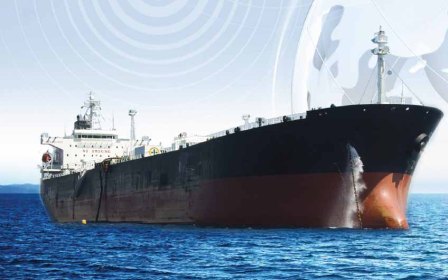As the world prepares for the World Maritime Day, which comes up this weekend, experts believe that Nigeria’s efforts at developing its shipping industry leaves much to be desired. They therefore advised the federal government to step up focus on this sector or relax and allow local shipping firms labour in vain while oversea countries reap.
Some Analysts have argued that while the Minister of Transport, Chibuike Amechi expressed his desire early this year to overhaul the maritime sector, his heavy target of N500 billion given to each of the revenue generating agencies regulating the maritime and shipping industry does not necessarily mean that people’s lives will improve if the targets are met, the means notwithstanding.
They rather argue that the maritime sector presents a huge opportunity for the federal government’s economic diversification and job creation plans, but with a proviso that the Minister through critical agencies like NIMASA, will have to take the necessary steps.
According to them, the primary action to take in order to harness Nigeria’s maritime industry for greater yield will be to develop the country’s indigenous shipping industry. This is why this year’s world maritime day is critical to Nigeria’s maritime development.
The International Maritime Organisation(IMO) said the theme “Shipping: indispensable to the world” was chosen to focus on the critical link between shipping and global society and to raise awareness of the relevance of the role of IMO as the global regulatory body for international shipping.
“According to the United Nations Conference on Trade and Development (UNCTAD), around 80 per cent of global trade by volume and over 70 per cent of global trade by value are carried by sea and are handled by ports worldwide”, it said adding ‘these shares are even higher in the case of most developing countries.
“Without shipping the import and export of goods on the scale necessary to sustain the modern world would not be possible.
“Seaborne trade continues to expand, bringing benefits for consumers across the world through competitive freight costs.
There are more than 50,000 merchant ships trading internationally, transporting every kind of cargo. The world fleet is registered in over 150 nations and manned by more than a million seafarers of virtually every nationality”, IMO said.
World Maritime Day will be celebrated at IMO Headquarters on 29 September 2016, but other events and activities focusing on the theme will be held throughout the year.
Experts have repeatedly stressed that developing the shipping sector is the one of the major ways by which Nigeria can create jobs and activate genuine productivity in the maritime sector. They maintained that if developed, with a coastal stretch of over 800km, Nigeria’s cabotage trade can absorb five million people rendering services in the country’s territorial waters and contributing genuinely to the GDP.
Notable investor in Nigeria’s maritime and oil and gas sector, Captain Emmanuel Iheanacho, thinks that NIMASA should really brace up to the challenge of developing shipping in Nigeria. He advised the Director General to concentrate his administrative efforts to grow indigenous capacity through a careful use of the Cabotage Vessels Financing Fund (CVFF).
“The new DG must also make the cabotage provisions work. He would need to properly understand the difference and distinction between the administrative responsibility for the safety of shipping and the security of the maritime environment,” Iheanacho said.
Stakeholders advised that sincere and faithful implementation of the Coastal and Inland Shipping Act, otherwise known as the Cabotage Act 2003 remains the way to go. Iheanacho, who is a former minister of interior, said the NIMASA DG should focus on the safety of shipping and its associated costs which is a typical NIMASA function.

